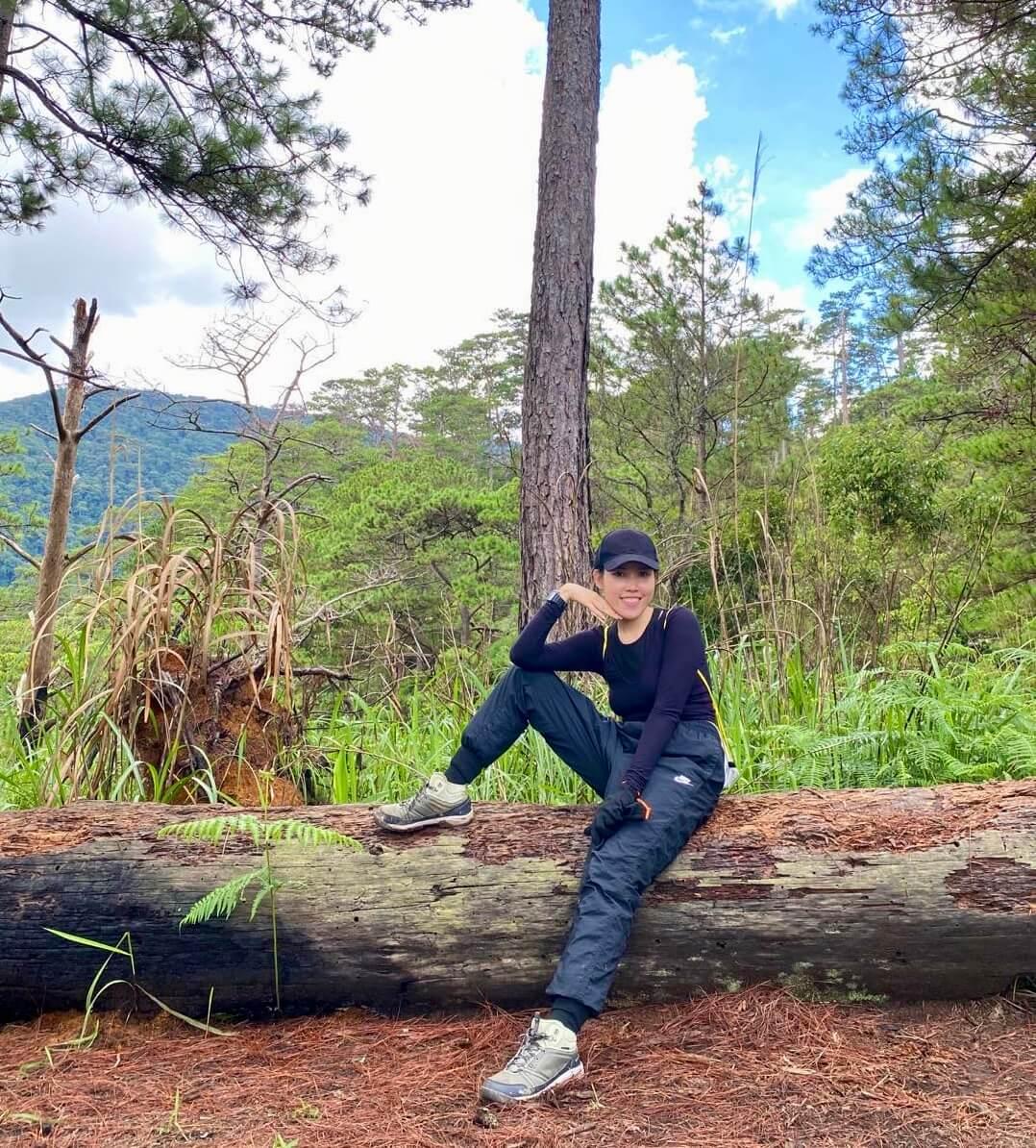“Uh you don’t study engineering but share Python code?”
Daphne Huynh - Product Manager at Holistics Data & Youtuber
Almost every friend I told about my YouTube channel, “BoringPpl - Python Programming Tutorials,” asked me a question just like that.
When I started posting these programming tutorials publicly, I was really anxious. I was afraid people would say I’m not an engineer, so why am I sharing programming stuff? You see, my educational background is in communications. I graduated in Professional Communication from RMIT University. Life led me to a twist in the road, and by my third year, I found myself working as a Community Manager for a tech startup in Singapore. That’s when my journey into the tech world began, back in 2019.
My involvement with coding and YouTube was quite coincidental. Becoming a YouTuber was never my initial goal. Coming from a non-technical background, I had to self-learn coding to excel at my job. But let me tell you, the learning process was not easy at all. Most of the resources I used were shared by experienced programmers, and they weren’t speaking the same language as me. Throughout my learning journey, I jumped between more than a dozen different sources, read documentation, pondered over the issues I encountered, and asked very specific questions to my fellow engineers to gradually fill in the gaps in my knowledge.
After 1-2 years, I managed to write some small applications on my own – nothing compared to the projects of engineering folks, but enough to save me heaps of time every day. I got inspired to start a YouTube channel to share my journey when I stumbled upon a friend who was working as a headhunter and manually sending messages to candidates on LinkedIn. This process was eating up about 4-5 hours of their day. I thought to myself, “Oh, if they used Python, they wouldn’t have to do it manually.” That’s when the idea of starting a Python-focused YouTube channel sparked in my mind.
Initially, I thought of sharing theoretical Python concepts to make the often confusing topics from online resources more understandable. However, after consulting with a mentor, they suggested a different approach: “Why people should even begin learning Python.” They pointed out that only when people are inspired by the real-world applications of Python will they become more enthusiastic to start. So, I shifted my channel strategy. Leveraging my communication background and understanding the struggles of beginners in coding, I channeled all those strengths into creating content. Fortunately, I hit the right pain points that many were facing, and that’s why I received a considerable amount of support and encouragement from the community.
So I do things like:
- Doing Business Sales Analysis and Reporting with Python, Pandas, and Matplotlib
- Programming Bot that pulls LinkedIn User Data (Python and BeautifulSoup)
- Programming Bot: Rename and Organise Files on the Computer (Python and OS Module)
An interesting fact is that such highly applicable content has the highest views on my channel. Now, after 2 years, I can confidently share that one of the important things to do when you make a YouTube channel is to determine who your files are. My channel’s viewers are beginners who want to learn about programming or non-tech people who want to find ways to apply technology to work or business. When that is clearly defined, my previous fear is no longer there.
Although my channel is for beginners, from the moment I posted my first videos and shared about the community, I received messages of praise and encouragement from many seniors in the industry. This makes me very proud.
Most of the videos I’ve posted have received quite a positive response. For example, in 100 comments, there are only 2-3 criticisms. From time to time on Facebook or Youtube, I get ridiculed like, “The channel has nothing”, “Students practise making Youtube,”… I haven’t had time to reply, but many friends, brothers, and sisters in the community have come to support me. The beauty here is that when I know I’m doing the right thing by creating value for the community, I will receive the protection and support from the community to continue doing it.
My friends make fun of me as a “rich lady” because I make products by day and do YouTube by night. Rich passion is there, but money is not seen. Anyone who watches YouTube about educational content understands that the effort and brainpower required to make this kind of content are too great. The biggest gift I received in return was a thank-you from the audience. They thank me because they appreciate the value of my work, my time, effort, and brain. Many of you like your teaching ability and then send messages to ask for private lessons. I feel happy, and I think the emotional benefit I received is quite a lot. But the financial benefit is a slave. The sad truth is that after 2 years of doing YouTube, I just received the first 2 million =))))
